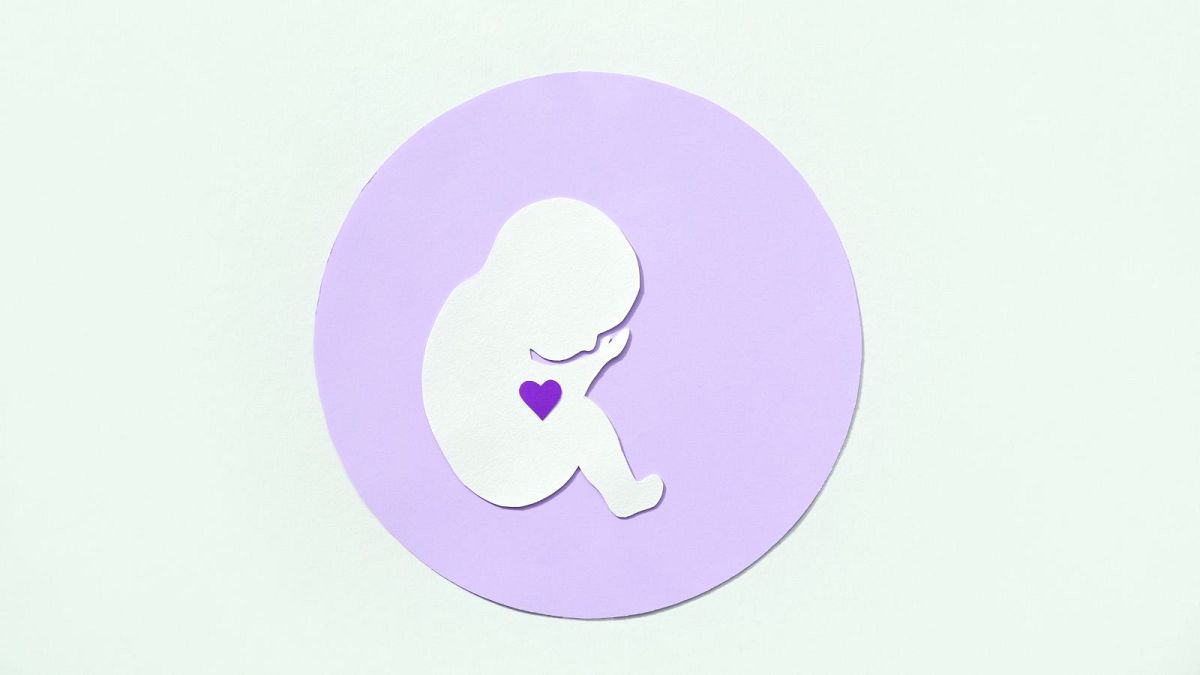Children born through assisted reproductive technology may be at higher risk of heart defects

Babies born after fertility treatment may have a slightly increased risk of heart defects, according to a study.
Methods assisted reproductionsuch as in vitro fertilization (IVF), can lead to 36% more risk develop defects cordial This is important for babies compared to children conceived naturally, according to a new study.
The researchers analyzed data from more than 7.7 million births live in four Nordic countries: Denmark, Finland, Norway and Sweden. They were looking for diagnoses of serious heart defects, while Baby was in uterus or during the first year of life.
Researchers they compared incidence of serious heart defects in children conceived naturally compared with children born after assisted reproductive technologiesincluding IVF, intracytoplasmic sperm injection (ICSI) and embryo freezing.
“Previous research suggests that there are increased risks for children conceived through assisted reproductive technology,” says the statement Ulla-Britt Wennerholm, a professor at the University of Gothenburg (Sweden), who led the study.
“Among them there is premature birth And underweight at birth. “We wanted to find out whether the risk of heart defects is higher in children born after assisted reproduction.”
Increased risk of multiple births
The results were published in the journal “European Heart Journal” and found that children conceived through assisted reproductive technology had a 1.84% risk of heart defects, compared with 1.15% for children conceived naturally.
This increased risk was constant across different methods of assisted reproduction, although it was noticeably higher in case of multiple pregnancywith a risk of 2.47%. At the birth of one child, the risk of heart defects was 1.62%.
“The fact that risk of heart defects be the same regardless of the type of assisted reproduction used, this may indicate the presence of some common factor underlying parental infertility And congenital heart defect their children,” Wennerholm said.
Congenital heart defect
Congenital heart defects usually require operation Specialists specialize when children are very young, so identifying children at higher risk could lead to earlier intervention, the expert added.
“This well documented that children born after assisted reproductive technology have a small but significantly increased risk of suffering congenital anomalies. The most common abnormalities are cardiac in nature,” said Bernard Thach, an associate professor at Monash University in Australia and a consultant endocrinologist who was not involved in the study, adding that risk growth remains low.
In an editorial accompanying the study, Dr. Nathalie Auger of the University of Montreal Hospital Research Center emphasizes that assisted reproduction This is becoming more and more common and accounts for 2% to 8% of birthsdepending on the country. “Although most babies born after assisted reproduction methods are healthy, these procedures are not without risks,” he said.
